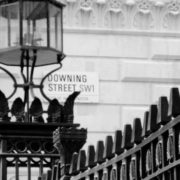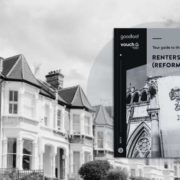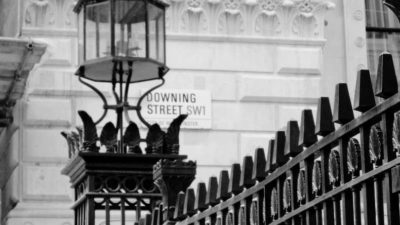After a long stretch of unusually high vacancies, a super-tight jobs market, and a ramping up of wages there are already signs that employers are becoming far more cautious about hiring.
However, the still stubborn spiral of wages has set the scene for another interest-rate hike from the Bank of England in August, the only blunt tool it has in the box to lower demand in the economy, reduce activity, price increases and wage growth.
The FTSE 100 was lower in early trade, as investors digested the implications of unemployment rising, while wages remained high.
The pound initially rose sharply against the dollar, hitting $1.29 as further interest rate hikes are expected in the UK, while inflationary pressures appear to be easing more quickly in the US. But some of those gains have been erased as investors assess the longer-term implications for the UK economy.
The jobless total unexpectedly ticked up to 4%, above the 3.8% forecast– due in part to more economically inactive people starting to look for work.
Although employment levels rose with 102,000 getting new positions, it was less than forecast and a big chunk of this was an influx into part-time positions.
Inflationary pressure from wages has intensified again, with pay growth for the private sector coming in at 7.7% for the March to May period, the highest growth seen outside the pandemic.
It is little wonder consumer spending is still buoyant, growing 5.4% year-on-year in June. The warm weather helped and saw shoppers splash out on summer clothes and drinking in the sun.
It’s clear that for now, the interest rate hikes are still only hitting a small proportion of the homeowning masses, and with wages rising, plenty of people have been more confident about opening their wallets for non-essential items.
However, with the jobless toll creeping up, employees may already be more reticent about demanding hikes in wages, and bosses may be less inclined to pay big for new hirings.
That will certainly be the hope of Bank of England governor Andrew Bailey, who flagged in a speech last night that the higher wages were the glue making inflation so sticky, a point reiterated by Chancellor Jeremy Hunt.
However, the figures are skewed by higher earners in sectors like finance and business services, which saw the largest growth rate over the three months of 8.1%.
City workers enjoying bumper pay are driving the overall wage figure up and with an interest rate rise sledgehammer the only tool the bank has to hand, it’s putting disproportionate pressure on lower earners paying rent or mortgages, who are not benefiting from such high wage increases.
The fight against inflation is hard won, which is evident in Germany where the rate of price increases rose again in June, despite the monetary screws being turned tighter.
It shows why European Central Bank officials are staying resolutely on their path of further rate hikes, having warned that inflation will be too high for too long, and not likely to return to target for another two years.
But in the United States, inflation expectations have dropped sharply with consumers are far less downbeat than they were about where prices are heading, which is likely to buoy spending ahead.
Inflation expectations fell by 0.3% to 3.8%, the lowest reading since April 2021, according to the study by the Federal Bank of New York.
It comes ahead of the key CPI inflation figure due out tomorrow, but already sentiment has been buoyed on Wall Street by comments from Fed policymakers indicating the central bank was near the end of the tightening cycle.
This also helped lift oil prices, on expectations of higher demand amid cuts in supply from Russia and Saudi Arabia.





















Comments